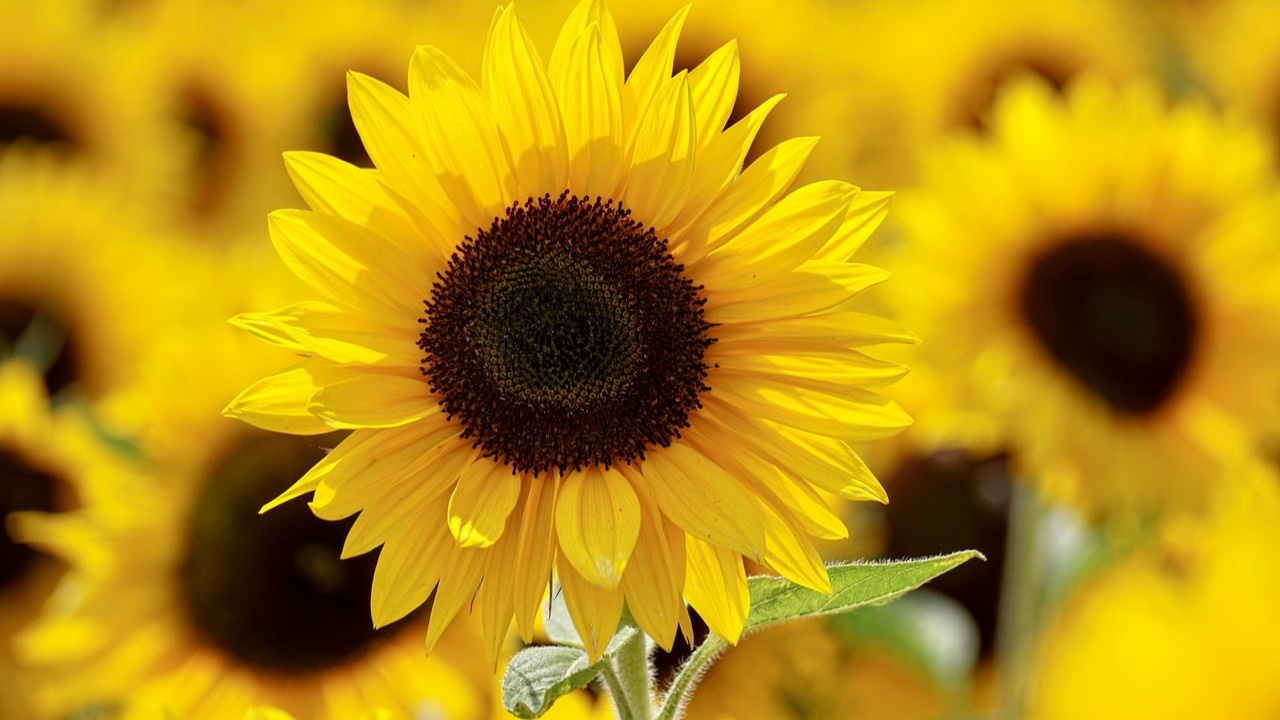Harold and Maude, Sunflowers, and The Value of Each Human Being
Jul 03, 2021
By Stefani Roth
One of my favorite movies is Harold and Maude. A little-known gem about a young man coming of age meeting and falling in love with a vivacious, soon-to-be 80-year-old woman.
Wait, what? Yup, all kinds of things to unpack in that storyline, but the most important, as is usually the case, are the themes that underlie a quirky plot that challenge our assumptions about what we have been raised to believe – I think all truly good movies do this.
While you can argue the merits of the movie and my taste, what I think is inarguable is illuminated in a simple dialogue between Harold and Maude as they discuss the flowers around them and, disguised just below the words, the contemplation of about the value and worth of each human being.
As they stroll through a park, they discuss which sort of flowers they would want to be. Maude extols the value of the sunflower while Harold just wants to blend in and thinks flowers (like people) are all alike.
Maude asks Harold to think otherwise and describes “all kinds of observable differences.” Even more profound, she shares the following “You see, Harold, I feel that much of the world's sorrow comes from people who are this, [she points to a single daisy] yet allow themselves be treated as that [she gestures to a field of daisies].”
Simply put, each of us, daisy or sunflower, rose or orchid, are unique and beautiful.
So why am I referencing an obscure, perhaps outdated movie? It’s quite simple. Times change, businesses rise and fail, technology evolves, the way we do things-in person or virtual shift, but at our core the simple and essential questions remain (Thanks, Grant Wiggins and Jay McTighe).
At the heart of Harold and Maude is an urging to embrace life, to deeply, passionately, and curiously consider what is best for each individual, and how we cultivate the rich soil in which each of us grows.
Mark Barnes, educator, author, owner and founder of Times 10 Publications and I have enjoyed dozens of conversations over many years, and at the heart of our dialogue lies our belief that education should be about What’s Best for Kids.
Mark has championed throwing out grades and created a publishing company focused on finding, developing, and offering educators just in time, practical solutions able to be implemented immediately.
Our time with our students is relatively short, and they don’t have time for us to become perfect. We don’t need to be; the world they will be graduating into isn’t.
We just need each student to know, as Maude counseled Harold, that they are unique and beautiful, and every day, we need to come prepared to our districts, schools, and classrooms, ready to do what’s best for them.





